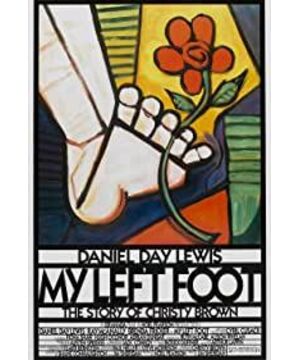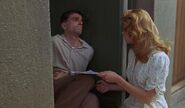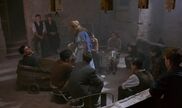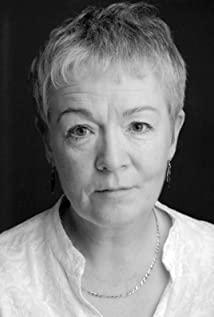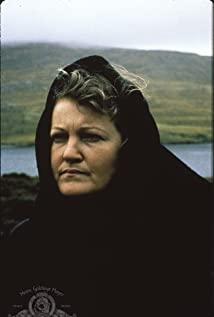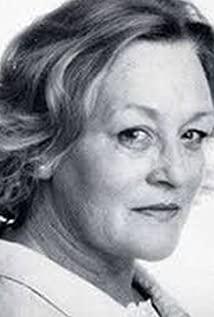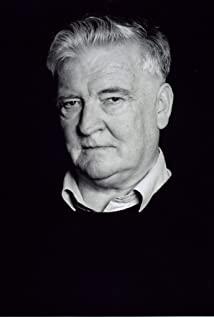Christie, a man with only his left foot to move up and down, eventually became a writer, painter and poet. He is a poem in itself, a powerful and powerful inspirational poem. He was defined by doctors as a vegetative person when he was born, but his family did not give up on it. Christie used his sentient left foot to draw pictures and write an autobiography.
When Christie was sad and lost, his family came to comfort him, especially his mother. When he gave up hope in life, his mother was always full of confidence, encouraging him and motivating him.
Christie can draw beautiful pictures because he has a strong psychology.
It is because he has such a strong mentality that he has created what he is now. This is a kind of not afraid of being hit, not stumbled by the difficulties of life, and a kind of shattered by the cruelty of reality in a short time. The spirit of repair.
Among them, I was deeply impressed that Christie learned that the doctor she liked, Aileen, liked her, but it was just a platonic love, heartbroken, unable to lift her spirits, and at a loss for the prospects of life, using alcohol to relieve her worries, to herself When he lost his confidence, his mother said, I still have confidence in you. So his mother mobilized the whole family to build a painting room for Christie alone, which is the family's meticulous care for him.
View more about My Left Foot reviews


